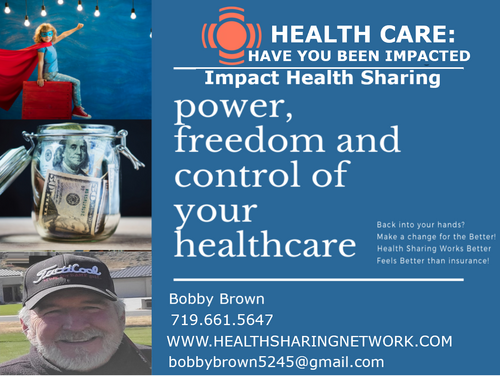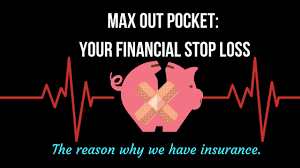For many years, KFF polling has found that the high cost of health care is a burden on U.S. families, and that health care costs factor into decisions about insurance coverage and care seeking. These costs also rank as a top financial worry. This data note summarizes recent KFF polling on the public’s experiences with health care costs. Main takeaways include:
- About half of U.S. adults say they have difficulty affording health care costs. About four in ten U.S. adults say they have delayed or gone without medical care in the last year due to cost, with dental services being the most common type of care adults report putting off due to cost.
- Substantial shares of adults 65 or older report difficulty paying for various aspects of health care, especially services not generally covered by Medicare, such as hearing services, dental and prescription drug costs.
- The cost of health care often prevents people from getting needed care or filling prescriptions. About a quarter of adults say they or family member in their household have not filled a prescription, cut pills in half, or skipped doses of medicine in the last year because of the cost, with larger shares of those in households with lower incomes, Black and Hispanic adults, and women reporting this.
- High health care costs disproportionately affect uninsured adults, Black and Hispanic adults, and those with lower incomes. Larger shares of U.S. adults in each of these groups report difficulty affording various types of care and delaying or forgoing medical care due to the cost.
- Those who are covered by health insurance are not immune to the burden of health care costs. About one-third of insured adults worry about affording their monthly health insurance premium, and 44% worry about affording their deductible before health insurance kicks in.
- Health care debt is a burden for a large share of Americans. About four in ten adults (41%) report having debt due to medical or dental bills including debts owed to credit cards, collections agencies, family and friends, banks, and other lenders to pay for their health care costs, with disproportionate shares of Black and Hispanic adults, women, parents, those with low incomes, and uninsured adults saying they have health care debt.
- Affording gasoline and transportation costs is now a top worry for Americans followed by unexpected medical bills. While worry over gasoline and transportation costs has risen markedly since 2020, significant shares of adults still say they are worried about affording medical costs such as unexpected bills, deductibles, and long-term care services for themselves or a family member.
Difficulty Affording Medical Costs
Many U.S. adults have trouble affording health care costs. While lower income and uninsured adults are the most likely to report this, those with health insurance and those with higher incomes are not immune to the high cost of medical care. About half of U.S. adults say that it is very or somewhat difficult for them to afford their health care costs (47%). Among those under age 65, uninsured adults are much more likely to say affording health care costs is difficult (85%) compared to those with health insurance coverage (47%). Additionally, at least six in ten Black adults (60%) and Hispanic adults (65%) report difficulty affording health care costs compared to about four in ten White adults (39%). Adults in households with annual incomes under $40,000 are more than three times as likely as adults in households with incomes over $90,000 to say it is difficult to afford their health care costs (69% v. 21%).



